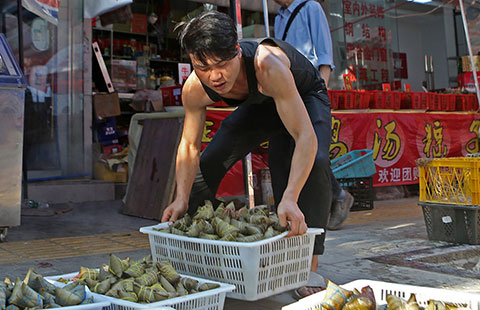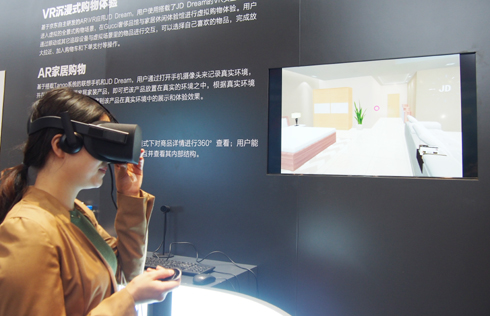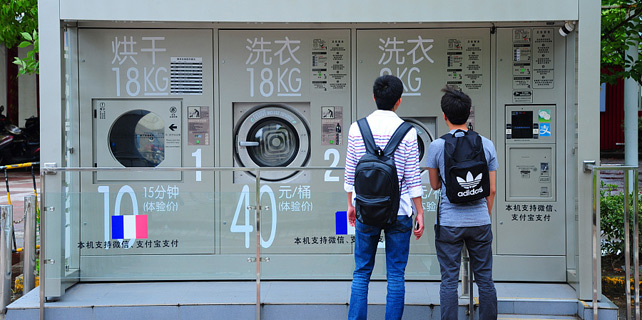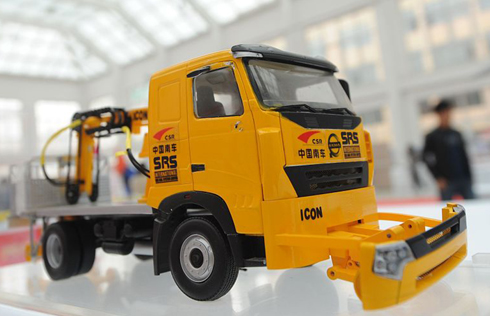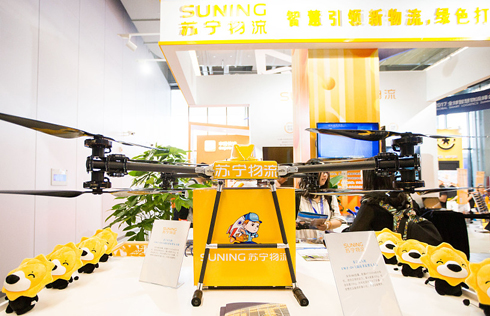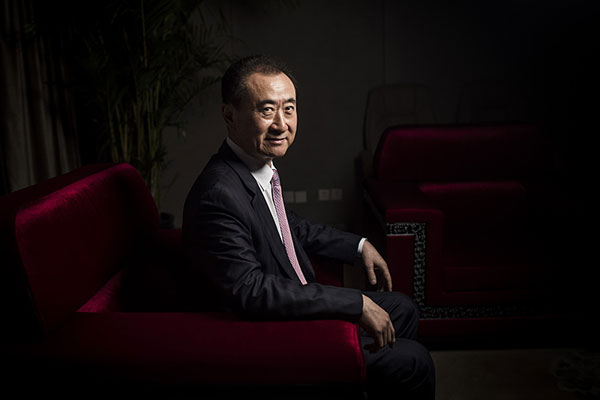Alibaba's 'new retail' plan gets teeth
E-commerce giant Alibaba Group Holding Ltd is penetrating deeper into the offline sector to build its "new retail" model.
It spent an estimated but unspecified amount of over HK$630 million ($80.88 million) for an 18 percent stake in Hong Kong-listed Lianhua Supermarket Holdings Co Ltd on Friday.
Post the deal, which was announced by Lianhua, Alibaba is the second-largest shareholder in the former.
Alibaba bought the Lianhua stake from Shanghai Yiguo E-commerce Co Ltd, a fresh produce marketplace.
Incidentally, Alibaba had invested in Shanghai-based Yiguo, having participated in the latter's series A and C funding rounds in 2013 and 2016.
Lianhua shares rose 24 percent to close at HK$3.92 on Monday while the benchmark Hang Seng Index rose 0.24 percent. The market was closed on Tuesday for the Dragon Boat Festival.
The deal marks the third transfer of Lianhua shares in three years.
In September 2015, Yonghui Superstores Co Ltd bought 237 million shares in Lianhua, representing a 21.17 percent stake, for about 751 million yuan.
In December 2016, Yonghui sold that stake to Yiguo for 850 million yuan ($125 million), citing operational changes and overlap in the two businesses.
Lianhua is the first Chinese mainland retail company to have listed in Hong Kong. It has three business lines: hypermarkets, supermarkets and convenience stores.
By the end of last year, it had 3,618 physical stores across China, including the 2,286 outlets in Shanghai.
However, Lianhua's business performance has been declining since 2011, mainly due to competition from online players.
Sales touched a historic low of 26.67 billion yuan last year, causing a loss of 450 million yuan. Its profit has been dropping too-by 37 percent in 2012, 70 percent in 2013 and 11 percent in 2014.
For Alibaba, Lianhua's store network represents value.
Jack Ma, Alibaba's founder and executive chairman, floated the idea of "new retail" during a conference in Hangzhou in October.
He said the era of e-commerce would end in 10 to 20 years to give way to new retail, a combination of online and offline sales and logistics services.
Toward this end, Alibaba announced a partnership with Shanghai retail conglomerate Bailian Group Co in February.
In June last year, Alibaba also became the biggest shareholder in Intime Retail Group.




